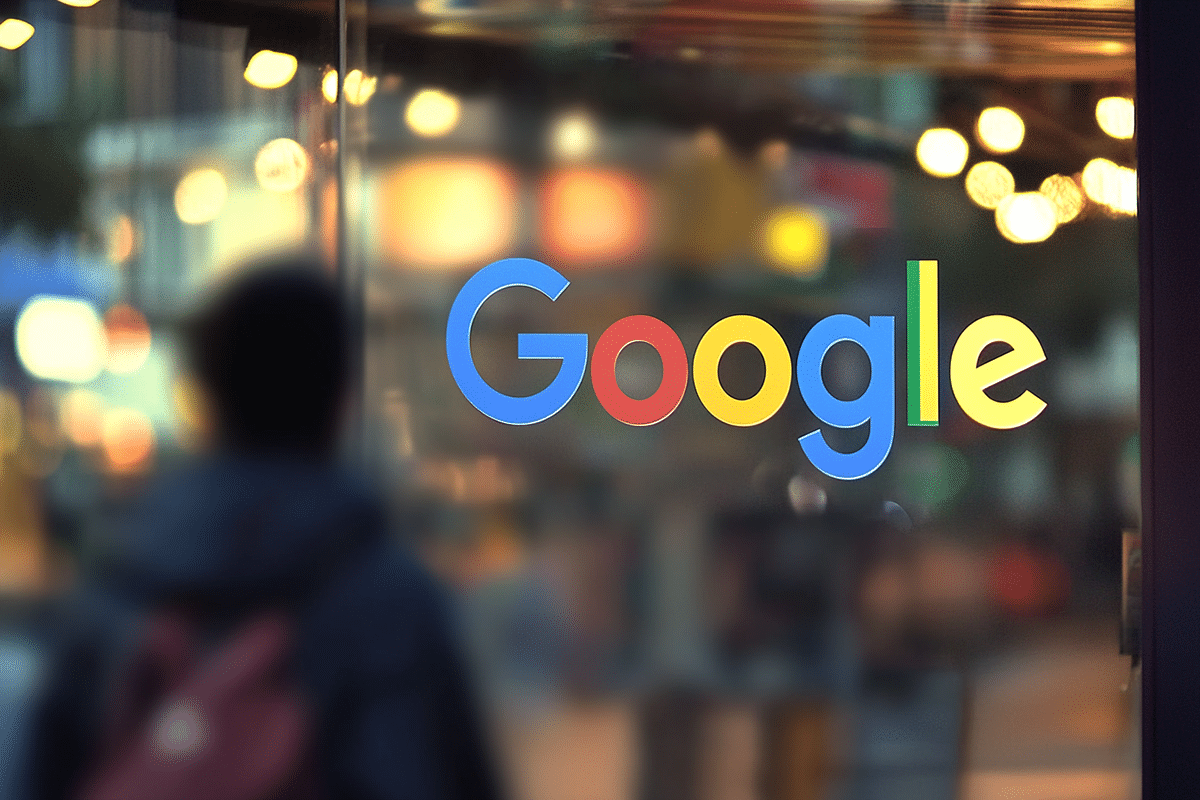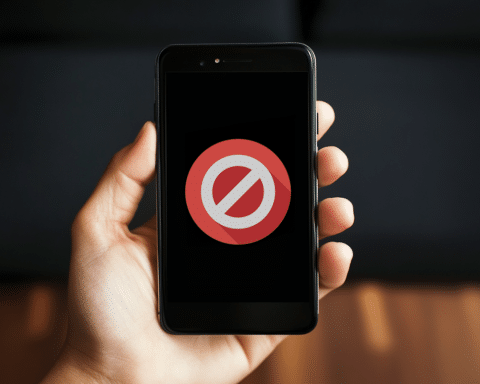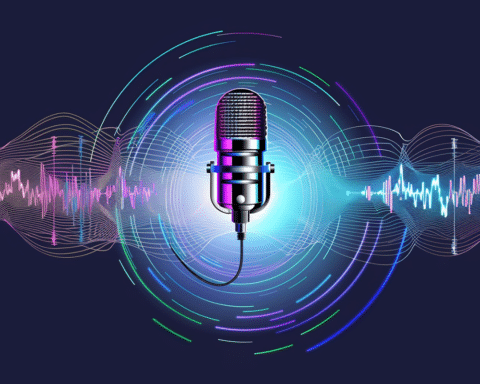Google’s recent Olympics advertisement has gone viral, but not for the reasons the tech giant might have hoped. The ad, which aired during the Olympics, showcased Google’s new AI tool, Gemini, and its ability to generate human-like text. However, the ad has sparked a significant backlash, with many critics accusing Google of replacing genuine human creativity with artificial intelligence.
The advertisement tells the story of a father describing his daughter’s admiration for American Olympic track star Sydney McLaughlin-Levrone. The young girl, inspired by McLaughlin-Levrone, trains hard to emulate her hero, using hurdling technique tips generated by Google’s AI search feature. When the daughter wants to express her admiration to McLaughlin-Levrone, the father turns to Google’s Gemini chatbot to create a fan letter on her behalf. The AI-generated letter even includes a line about the girl’s ambition to break McLaughlin-Levrone’s world record.
Google intended to showcase the AI tool’s potential to generate increasingly human-sounding text, which could be used for a variety of tasks, from writing work emails to planning trips. However, the ad has been criticized for appearing disconnected from the authentic human experience. Many viewers took to social media platforms like Threads, X, and LinkedIn to express their disapproval, questioning why anyone would want to replace a child’s genuine and creative expression with words written by a computer.
The ad has been seen as a misstep for Google, which has positioned Gemini as a direct competitor to OpenAI’s ChatGPT. Critics argue that the ad highlights a broader concern with AI technology — the fear that AI could replace traditionally human creative outputs such as art, music, and storytelling. This fear is not unfounded, as many creatives, including musicians and visual artists, have voiced concerns about AI potentially taking over their roles. This was a central issue in last year’s Hollywood writers’ strike, where the use of AI in creative industries was hotly debated.
Despite the backlash, Google defended the advertisement, stating that the company believes AI can enhance human creativity but cannot replace it. The company aimed to create an authentic story celebrating Team USA and showcasing a real-life track enthusiast and her father. According to Google, the Gemini app can serve as a starting point or thought starter for those looking for ideas for their writing.
The criticism underscores a broader societal fear about the increasing role of AI in daily life. Tech companies have promoted AI as a means to simplify life by automating menial tasks like grocery shopping, coding, or translation, thereby freeing up time for more meaningful pursuits. However, many early AI tools seem to enable computers to generate outputs that were traditionally human, such as creative works. This shift has led to concerns that AI is encroaching on areas of life that are deeply personal and uniquely human.
The controversy surrounding Google’s ad is reminiscent of a similar backlash faced by Apple earlier this year. Apple released an ad featuring symbols of human creativity, such as paint cans, musical instruments, and a sculptural bust of a human head, being crushed by a giant hydraulic press and replaced by an iPad Pro. The ad, set to the tune of Sonny & Cher’s “All I Need Is You,” was quickly criticized, prompting Apple to apologize for “missing the mark.”
Google’s response to the criticism has been muted. The company did not respond to CNN’s request for comment regarding the backlash to the Gemini ad. This silence has done little to quell the concerns of those who fear that AI technology could ultimately diminish the value of human creativity.
As AI continues to permeate various aspects of life, the debate over its role in creative processes is likely to intensify. The backlash against Google’s ad serves as a reminder that while AI can be a powerful tool, it must be used thoughtfully and with respect for the irreplaceable qualities of human creativity and expression.




